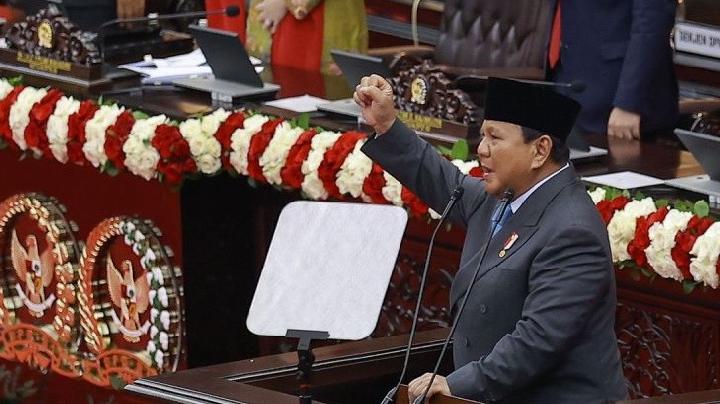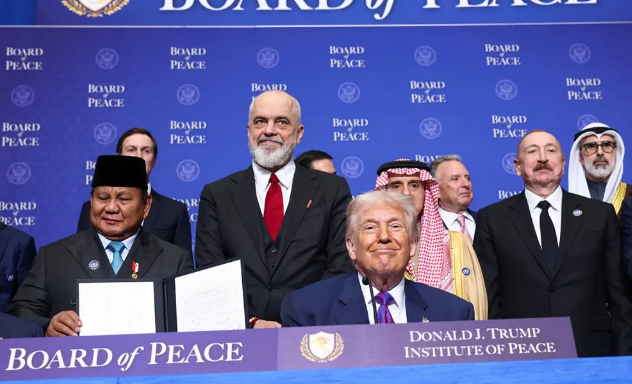
2026 Budget
Indonesia has unveiled its 2026 budget plan, setting a clear path toward fiscal discipline while boosting key social investments. President Prabowo Subianto and Finance Minister Sri Mulyani Indrawati announced that the government will target a lower deficit and avoid imposing new taxes in 2026, signaling a balance between prudence and growth.
The proposed budget outlines a fiscal deficit target of 2.29% of GDP, down from the 2.4% set in 2025. This move reflects the government’s ongoing effort to maintain fiscal balance after years of pandemic-driven spending. According to Finance Minister Indrawati, Indonesia is committed to sustaining growth while keeping its finances in check, with reforms focusing on efficiency and governance rather than additional tax burdens.
No New Taxes, Only Reforms
The finance minister emphasized that the 2026 budget will not introduce new taxes, reassuring businesses and households amid concerns over economic pressures. Instead, the government will continue strengthening revenue collection by improving compliance, broadening the tax base, and reforming state-owned enterprises. “What we are doing is about improving efficiency and effectiveness of the system,” Indrawati told reporters.
This approach seeks to stimulate domestic consumption and investment without adding fresh fiscal pressures on citizens. By avoiding new taxes, the government aims to preserve purchasing power, encourage private sector participation, and maintain Indonesia’s competitiveness in the region.
Record Education Allocation
One of the most significant highlights of the 2026 budget is the record-setting education allocation. President Prabowo announced that IDR 757.8 trillion (around USD 47 billion) will be directed to education programs next year, the highest in Indonesia’s history. This move underscores the administration’s commitment to investing in human capital as a foundation for long-term growth.
The funds will be used to strengthen access to quality education, enhance teacher training, and expand scholarships. The government has also pledged to increase resources for vocational schools and digital learning, preparing the workforce for the demands of a rapidly changing global economy.
Balancing Growth and Stability
The 2026 budget is designed to strike a careful balance between supporting economic momentum and ensuring stability. While no new taxes are being introduced, the government is focusing on structural reforms to strengthen fiscal resilience. The record education spending signals a long-term investment in Indonesia’s future, while the lower deficit target demonstrates fiscal responsibility.
For Indonesians, the 2026 budget provides reassurance: growth will be pursued without overburdening households and businesses, and investments will focus on sectors that can deliver sustainable development. If implemented effectively, this plan could mark another step forward in strengthening both the economy and the nation’s future competitiveness.




